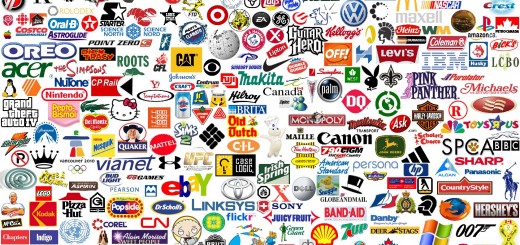Online (mobile) publishing’s new panacea?
Facebook’s Instant Articles first appeared in the news around 10 months ago, when the tech giant started doing trial runs of the product. But in the time since, it has gone on to be much more than a trial, with many big publishers coming on board, Buzzfeed, Gawker Media etc. to name a few internationally. The basic premise of Instant Articles is that it allows publishers to publish their articles directly on to the Facebook App (only iOS app for now) instead of merely sharing them on Facebook (with a web link that opens from a mobile browser).
The primary benefits being faster loading of content (using the same methodology that Facebook uses to load its images, videos etc. on the newsfeed) and a better user-experience in general. Google in the meantime does not want to be left behind. It has revealed its own version of the Instant Articles, in the form of Google AMP (Accelerated Mobile Pages), which allows users to read articles directly from the Google Search results page, without having to go to the publisher’s site. The product will use the extensive Google infrastructure to deliver super-fast loading of content (through Caching). Facebook’s product rides on the reach of its app while Google’s is built on its ubiquity on mobile web.
These efforts from Facebook and Google are laudable for they will positively affect the user experience of consuming content on mobile devices. However, there could be a potential flip side; by forcing (or coaxing) online publishers to use their platforms for publishing, Facebook and Google will become gate-keepers of a majority of online traffic – and users going directly to content sites, could become a thing of the past. This raises the question of advertising revenue control.
As gatekeepers, Facebook and Google will have the power to dictate, what ads appear, who they are sold to and at what prices. Both platforms already have well-established infrastructure for ad-buyers that is heavily-leveraged on the vast amounts of first party user data they hold. It is not very difficult to connect the dots here and predict that Instant Articles and AMP will help Facebook and Google sell more ads. Online publishers will become increasingly dependent on them to deliver their content to the readers and also to monetize the time spent by them. Continuing on this train of thought; one could also speculate that publishers will be forced to advertise on Facebook and Google (Sponsored Instant Articles? Sponsored AMP Results?); just like advertisers had to, when it became clear that the organic reach was not good enough.
Faster loading of content is extremely critical in the context of mobile browsing, and publishers cannot relinquish the responsibility they have in delivering this. Outsourcing this responsibility will be a good short-term solution, but in the long run it might prove detrimental to the overall business model. For now, one can only conclude that these are very interesting products to watch, especially in the context of how they change the mobile advertising dynamics.
The post Online (mobile) publishing’s new panacea? appeared first on Digital Market Asia.



